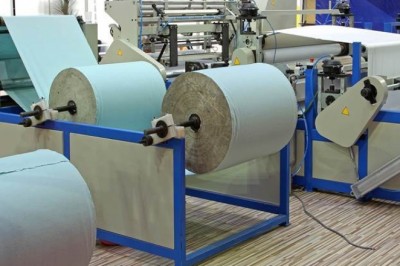views

Lately, there’s been a lot of buzz about modified citrus pectin (MCP) and for all the right reasons. Several studies are continuing to reveal how MCP could potentially support the overall health of the body on a cellular level.
While many researchers are increasingly getting drawn to this new field, the majority of the population is at the dark regarding this revered substance.
So, what exactly is MCP? Pectin is a complex, soluble and indigestible polysaccharide. It is obtained from the pulp and the peel of citrus fruits.
The polysaccharide is readily metabolized by microbes in the colon. MCP is said to stimulate the growth of vital bacteria in the colon such as Lactobacillus and Bifidobacteria
You may have seen pectin being used in the past as a thickening agent for jellies and jams. However, the use of pectin goes much further. New applications emerge from time to time. Cancer is perhaps the biggest concern every any health stakeholder in the world today.
As a result, any substance that promises some sort of relief or treatment to this dreaded ‘killer’ gets instant attention. Researchers, students, doctors, pharmaceuticals and other industry players are trooping in droves. MCP is the epitome of this attention today.
Unlike shorter fibers, MCP cannot be readily absorbed into the body. Therefore, scientists have been able to successfully modify the long pectin fibers into short soluble forms.
These short soluble forms can be quickly processed by the digestive system and easily absorbed into the bloodstream.












